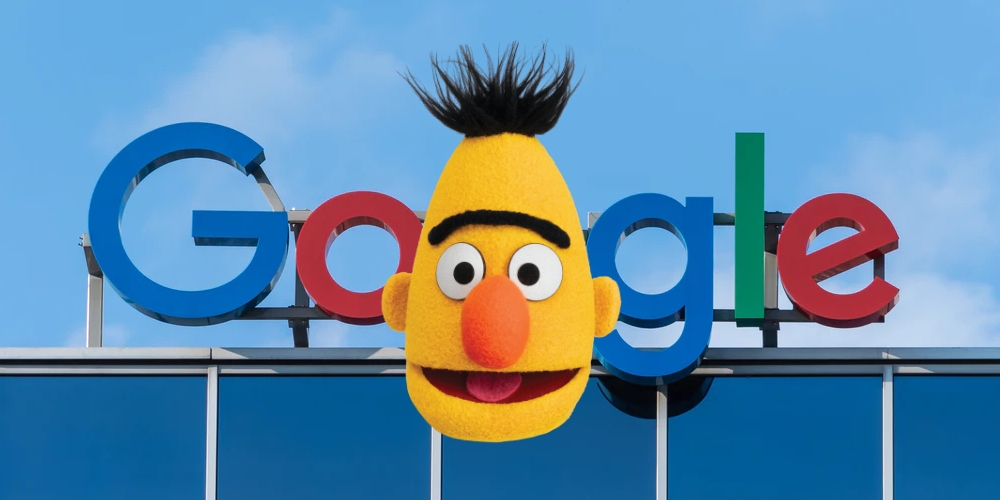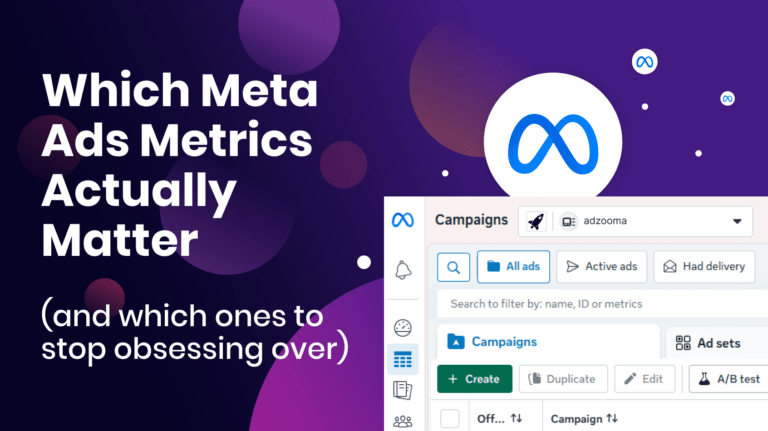TL;DR
- Google Ads introduces new Lead Form Extensions beta
- Twitter bans all political advertising
- New York Times search ranking plummets after Google BERT update
- Google to stop indexing content with Adobe Flash
- Microsoft to plant 100,000 trees by 2020
Keep in mind the word ‘hot’. This isn’t your average news roundup, nor is it a list of the top 10 recent marketing events. But if you’ve read any of our Mythbuster articles, Agony Aunt dilemmas or exciting research pieces, you’ll know that already.
This roundup marks the first of many you’ll see on the Adzooma blog, with brand new posts heading your way every Friday. Topics will include digital marketing as a whole, Google Ads, Facebook Ads, Microsoft Ads and any updates that can spruce up (or possibly affect) your advertising.
We’ll discuss what’s happened, why it’s happened and what it means – saving you time trying to interpret all of the information.
Ready? Let’s dive into this week’s hot topics.
Google Ads introduces new Lead Form Extensions beta
What: Google is beta testing a new lead ad extension aimed at advertisers looking to capture leads from their text ad campaigns. The extension looks similar to promotion extensions and will be rolling out to advertisers over the next few weeks.
Why: Lead form extensions allow advertisers to capture interest when potential customers are searching for their brand, products or services on Google, thus generating more leads from their search ads. Users can provide their contact information directly through an ad, prompting them to take action almost instantly.
The result: Advertisers will be able to track leads more effectively, with the possibility of achieving a 20% higher closing rate for sales leads. All they have to do is create a lead form extension, submission message and lead delivery, and perhaps adjust their mobile bids to convert more users.
Twitter bans all political advertising
What: CEO Jack Dorsey announced on October 30th that Twitter will stop all political advertising globally from 22nd November.
Why: In rivalry with Facebook, followed by their controversial political ad policy, Twitter believes the organic spread of political messages online should “be earned, not bought.” One of the main reasons, disclosed by Dorsey, was that intentionally paying for reach imposes highly optimised and targeted views on people, potentially influencing the lives of millions.
The result: Twitter users will no longer see paid ads surrounding politics and will only be exposed to such content through organic search or follower retweets. Advertisers will be spared some exceptions, such as allowing ads that encourage voter turnout, but certified campaigns and organisations that run political ads will be entirely wiped out.

New York Times search ranking plummets after Google BERT update
What: Google’s BERT update, a deep learning algorithm related to natural language processing (Bidirectional Encoder Representations from Transformers) has deeply affected search ranking and traffic for The New York Times.
Why: According to Hannah Poferl, the Associate Masthead Editor for Audience at the NYT, it’s unclear whether Google BERT or the move to mobile-first indexing was the sole problem. Nevertheless, since the update is oriented around improving language understanding, Google’s BERT is still a possible factor.
The result: It’s likely other websites will also experience ranking losses from the update as Google suggests it will impact 10% of search queries. However, the competition amongst businesses to achieve a higher search volume could potentially encourage sufficient advertising.
Google to stop indexing content with Adobe Flash
What: On October 28th, Google announced it will stop indexing content with Adobe Flash files by the end of 2020, just three months after disabling Flash in chrome by default.
Why: Since Flash is also disabled by default in Microsoft Edge, Firefox 60 and Safari, it doesn’t make sense for Google to index it anymore, especially with alternatives like HTML5. Plus, according to Google’s John Mueller, full Flash sites were never really indexed in web-search anyway.
The result: Google Search will stop indexing standalone SWF files and ignore Flash content on web pages that include such content. Most users and websites won’t be affected by this change, particularly since Flash was at its prime in 2013, but it will undoubtedly have some impact.
Microsoft to plant 100,000 trees by 2020
What: Microsoft Advertising turned to Twitter to showcase their journey towards planting 100,000 trees by July 2020, with the entire team getting their hands dirty in Madrid.
Why: The team aim to achieve its sustainability mission in areas they can have the greatest impact, including carbon, energy, water and waste. As one of the largest purchases of renewable energy in the United States, they’re committed to creating a sustainable future.
The result: Microsoft heightens their credibility, increases awareness surrounding the Help The Nature Conservancy and highlights their acts towards reducing carbon emissions, reaching zero-carbon and zero-waste goals, and making for an overall healthier environment.



